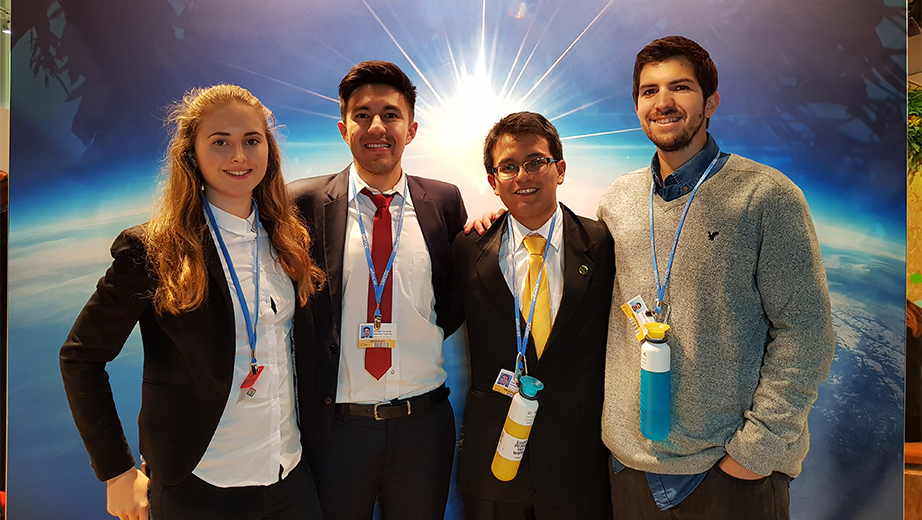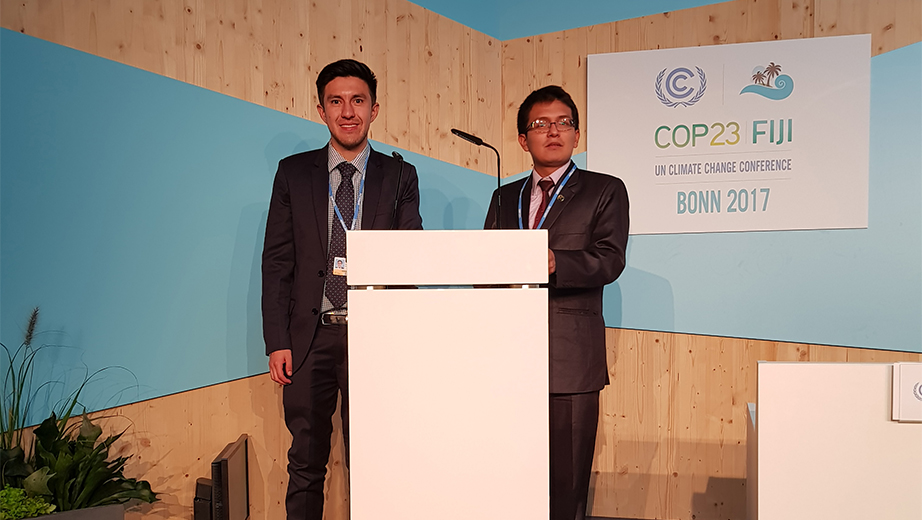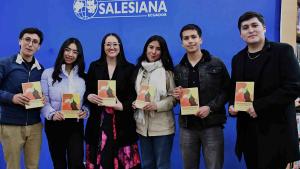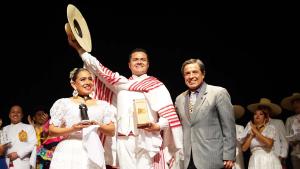Noticia
Ecostation: an alternative for the efficiente collection of PET plastic bottles

The Ecostation project was presented during the United Nations conference on climate change (COP 23), this project seeks to contribute with the collection of polyethylene terephthalate (PET) plastic bottles to help mitigate the effects of climate change.
The project was presented by Juan Francisco Morales, Ronald Correa and Michael Avecillas, environmental engineering students in the university's branch campus in Quito, in Bonn Germany in the month of November. Representatives from 197 countries attended the conference to discuss the urgent need to reduce the emission of greenhouse gases.
Ecostation recycles PET, a type of plastic used in beverage bottles, especially water bottles, and textiles, and it works as a service station when people deposit a PET bottle in the Ecostation and then you have access to services such as measurements of body weight, heart rate, charging cell phones, tourist maps or UV radiation in the area. The service station operates with solar energy, it has an underground container, seats and a storage capacity of one ton
In previous months, this project received an award in the contest "Green Latin America" for its innovative nature and was the key for UPS students to apply to the COP 23 organized in Fiji.
Avecillas comments that his participation in the COP 23 in Germany was exciting and academically enriching, because with his colleagues they were able to demonstrate that thanks to the implementation of knowledge acquired in UPS classrooms students can develop proposals for environmental care, an issue of responsibility for the world.
Morales thanked UPS for the support they received and stated that COP 23 allowed him to demonstrate his potential as a student. "We gave the university a good image and reputation by showing that Salesian students are capable of creating, innovating and contributing to the care of the environment". Students expect the machine to work soon and thus have an efficient collection of bottles for an appropriate recycling process that has a positive impact on the environment.
Contenidos Relacionados
Contenidos Relacionados
Noticias Relacionadas
Noticias Relacionadas






Follow us
Follow us